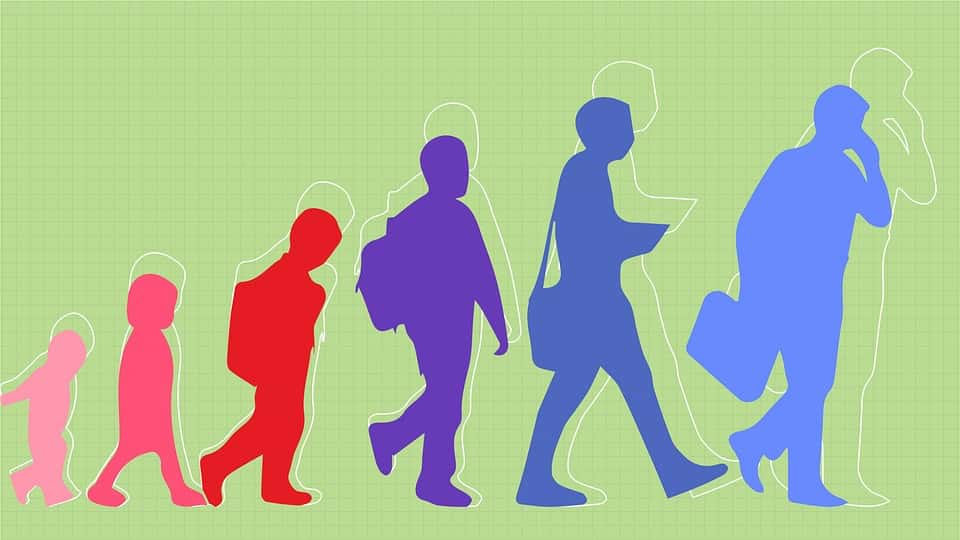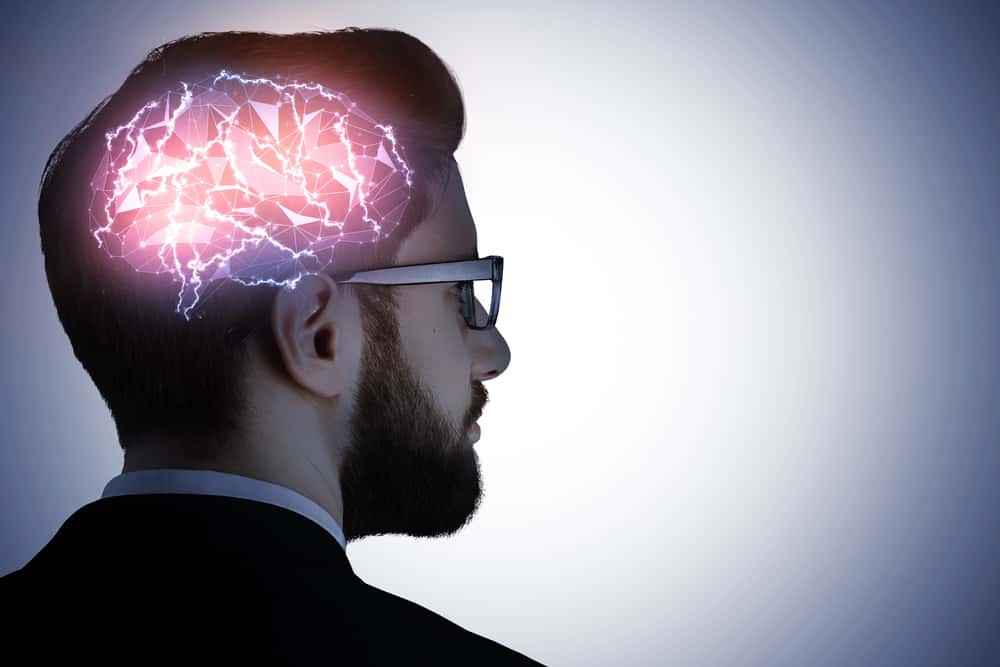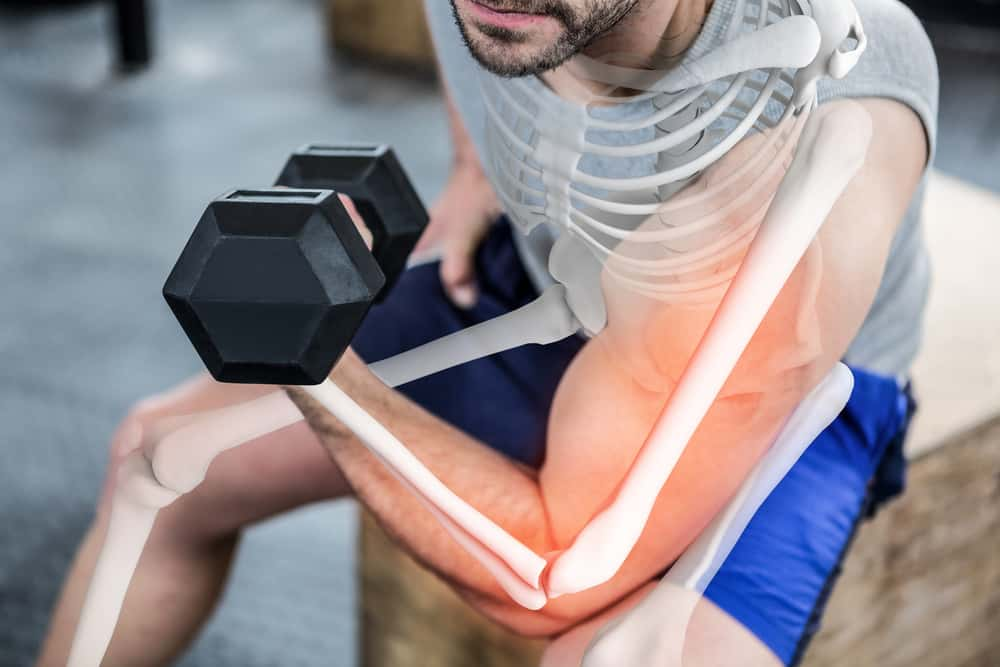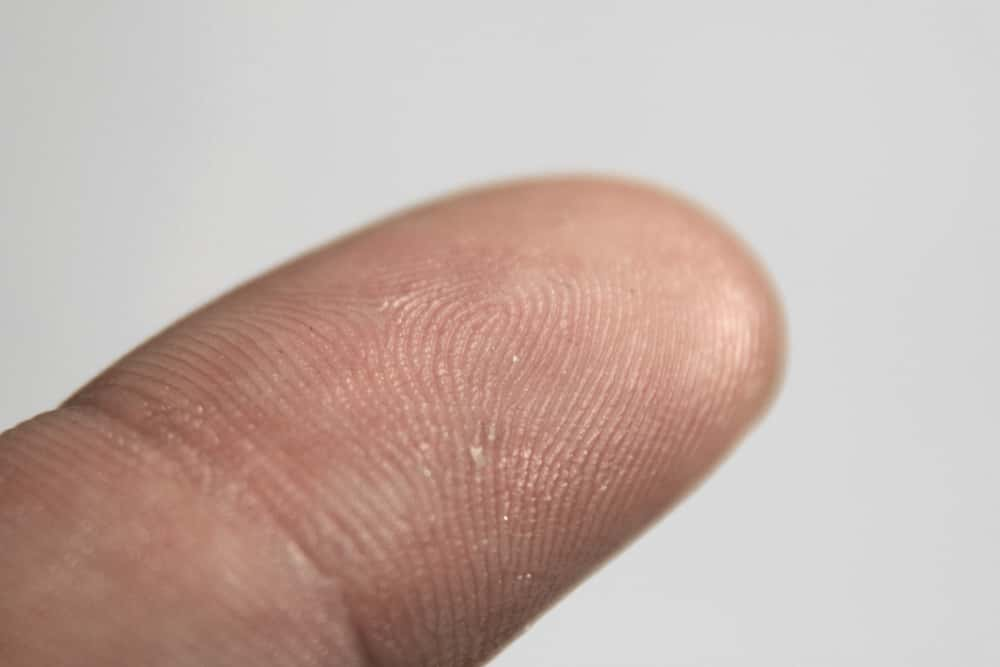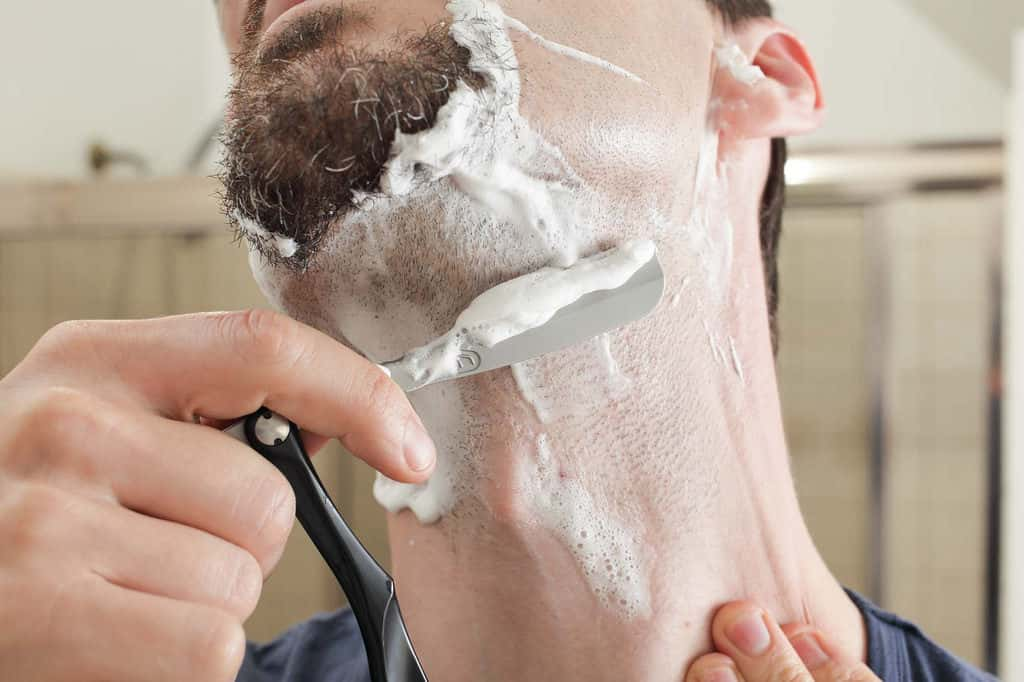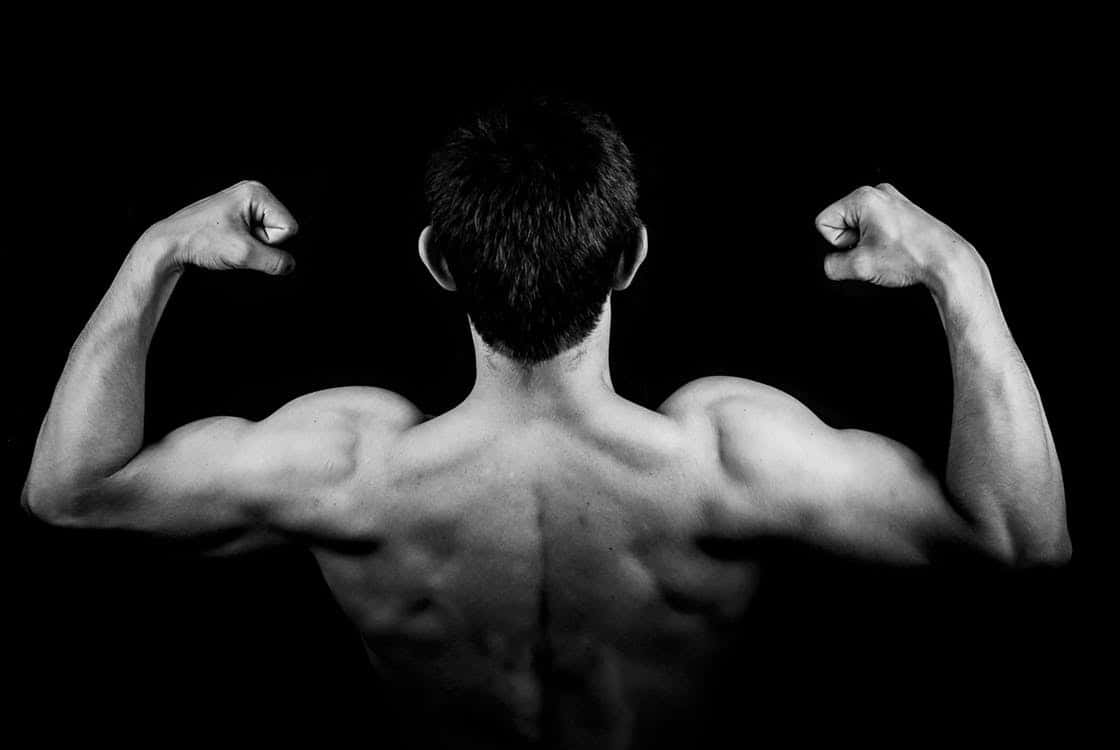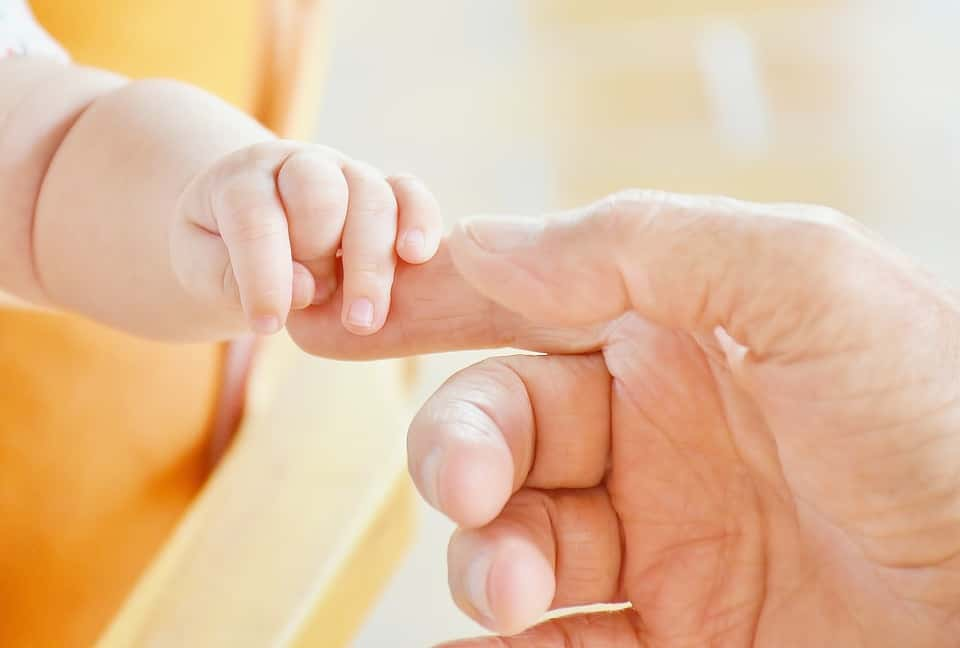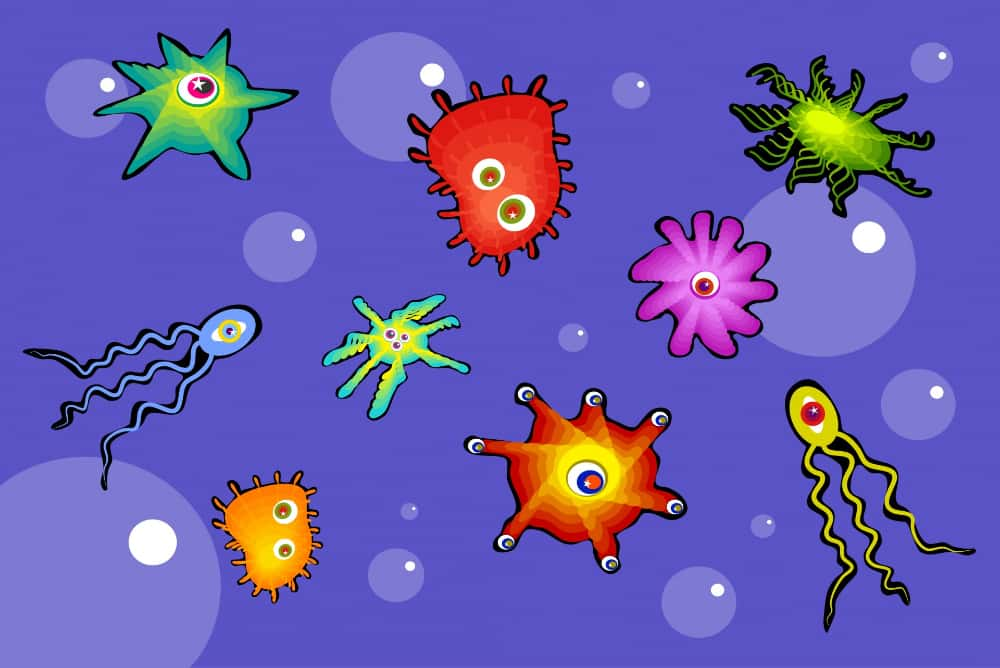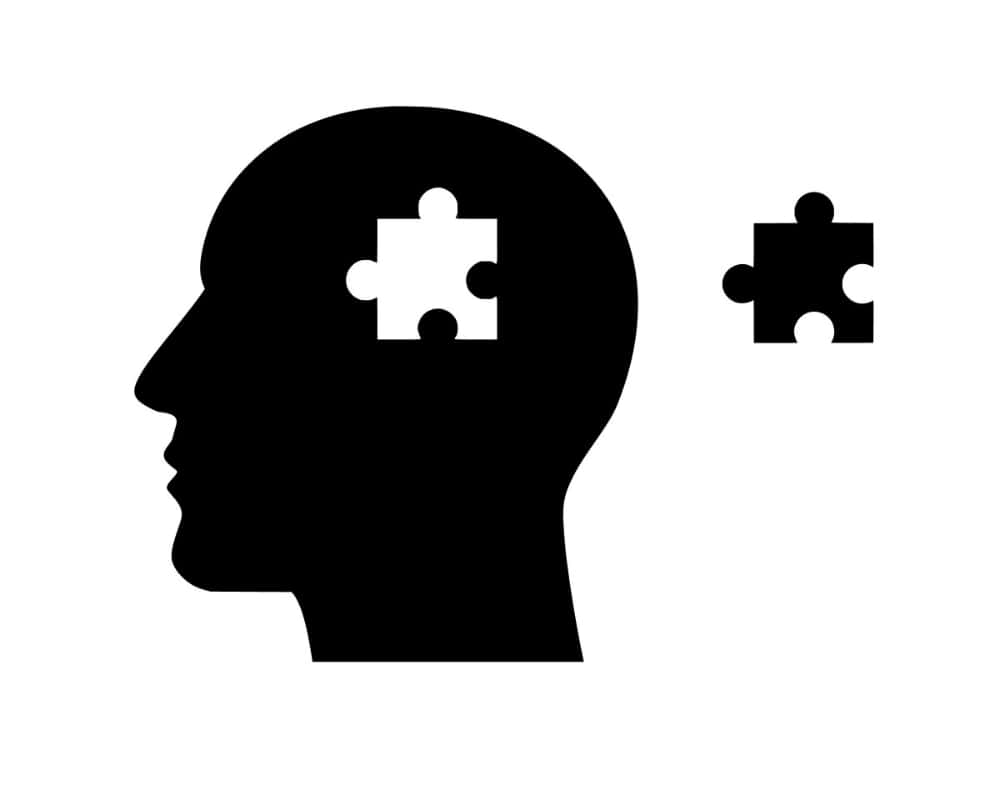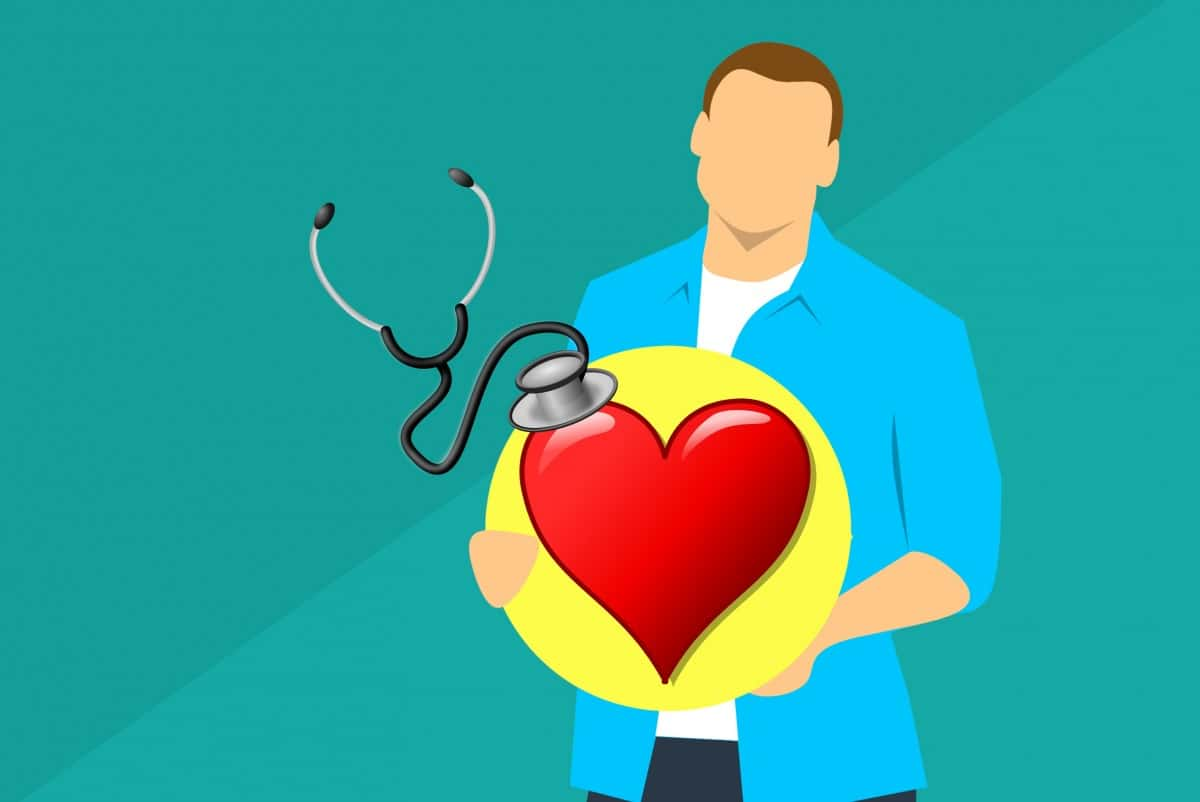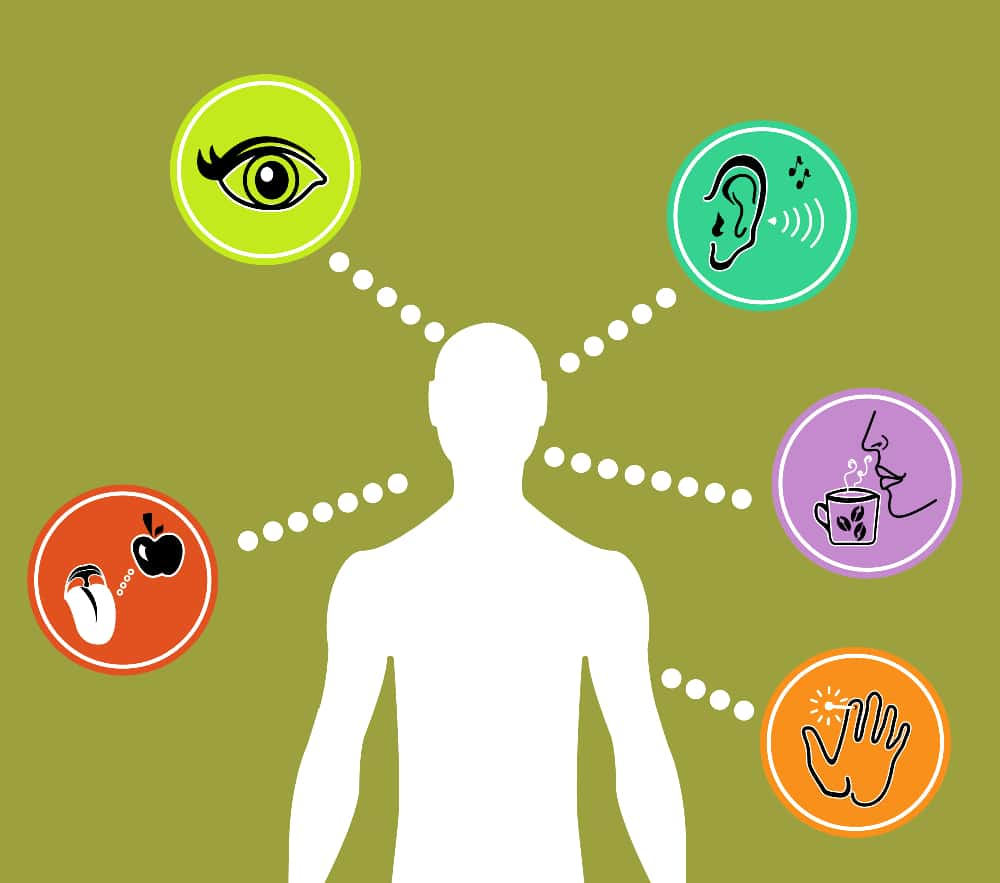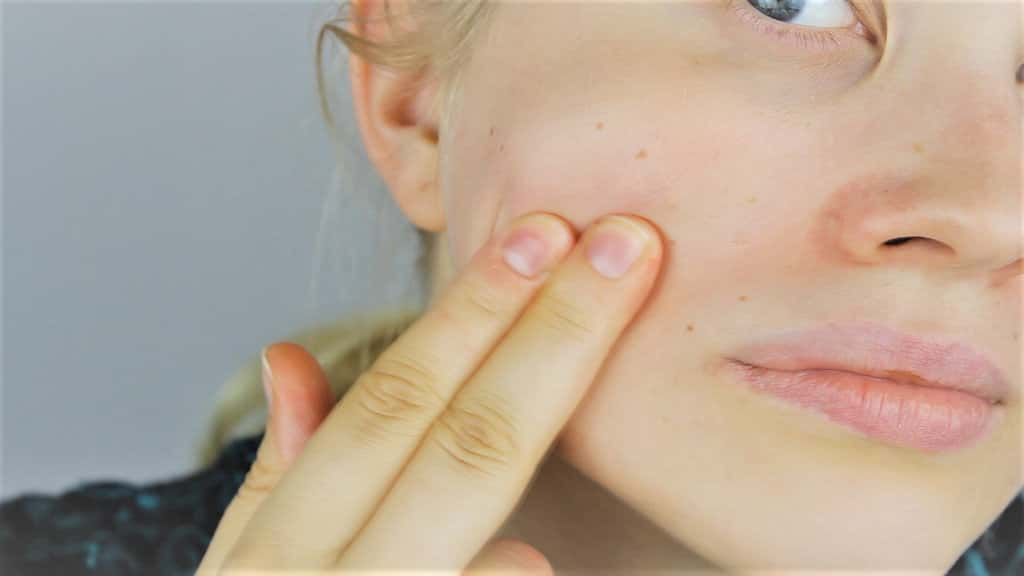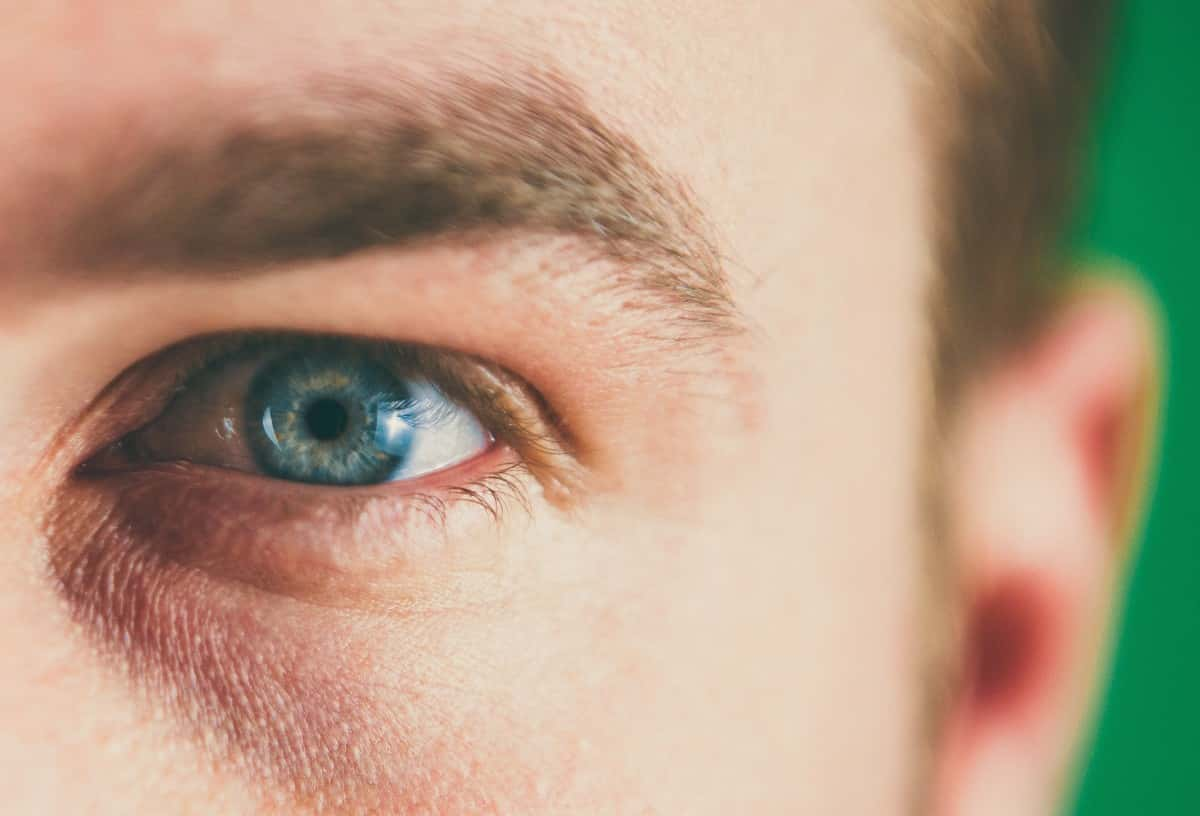Which of these body parts never stops growing?
True or False: Your big toe is responsible for bearing about 40% of your body weight
Your big toe carries more weight than any other toe, bearing about 40% of your body weight. To enlist in the United States army, you need to have all ten toes intact.
Scroll for next question ↓
Answer the previous question to reveal
When does the brain typically finish developing?
Answer the previous question to reveal
True or False: Your body has enough iron in it to forge a metal nail that is 3-inches long.
Answer the previous question to reveal
True or False: for most people, the heart is on the right side of the body.
False! But it’s not on the left side either, although many people think so. The heart actually sits in the center of the chest… although it is in fact tilted to the left.
Scroll for next question ↓
Answer the previous question to reveal
A cubic inch of human bone can bear a load of 19,000 lbs. That’s roughly equivalent to…
Ounce for ounce, human bones are stronger than steel. A cubic inch of bone can bear a load of 19,000 lbs.—roughly the weight of five pickup trucks.
Scroll for next question ↓
Answer the previous question to reveal
True or False: In addition to our fingerprints, humans also have unique tongue prints.
Similar to fingerprints, everyone also has a unique tongue print. It may be some time before your local police station starts taking tongue prints, but research on the required 3-D imaging technology is already being developed and tested.
Scroll for next question ↓
Answer the previous question to reveal
When a person is lying, they are likely to...
While a person is telling a lie, they tend to blink far less frequently than normal. Think of a TV murderer with a shark-like stare. Later, though, after the lie is told, a person will immediately make up for all that staring by blinking about 8 times faster than normal. Clearly our eyelids are incredibly honest, and are doing everything in their power to signal the truth—whether we want to or not.
Scroll for next question ↓
Answer the previous question to reveal
What percentage of your oxygen and blood supply is used by your brain?
Your brain accounts for only 2% of your body weight, yet it uses 20% of the total oxygen and blood in your body.
Scroll for next question ↓
Answer the previous question to reveal
True or False: Shaving causes body hair to grow back thicker and darker.
There is no scientific evidence that shaving or waxing will make your hair come back thicker. There are believed to be two reasons that the myth continues to flourish. First, humans just aren’t the best observers. Second, hair often does grow back thicker when people first start to shave, but this isn’t caused by shaving. When an adolescent boy shaves his mustache for the first time, it’s likely to grow back thicker. This isn’t because shaving caused this; it’s because the hormonal changes in his body (which occur regardless of shaving) are encouraging new and thicker facial hair growth.
Scroll for next question ↓
Answer the previous question to reveal
The word “muscle” comes from the Latin word for...
Muscle comes from the Latin “musculus.” Musculus means "little mouse,” and this was used to describe muscles because biceps were thought to look like mice.
Scroll for next question ↓
Answer the previous question to reveal
Why do testicles rest outside the body?
Men's Testicles hang between the legs to keep cool because sperm dies at body temperature. Keeping those baby-makers cool is a top priority, so make sure to keep your laptop off those bad boys!
Scroll for next question ↓
Answer the previous question to reveal
There is a 30-foot tube that runs from your mouth to your anus. This is called the…
Answer the previous question to reveal
True or False: An adult has far more bones in their body than a baby.
False! A human baby has 99 more bones than an adult. A baby's skeleton is mostly made up of cartilage. As a person grows up, most of this cartilage turns into adult bone through a process called ossification. This process results in the fusing of certain bones. Consequently, new born babies have around 305 bones, while an adult has just 206 bones.
Scroll for next question ↓
Answer the previous question to reveal
If a person was thrown into space without a spacesuit, how would they die?
We've all seen the movies: if you're ever thrown out into the vacuum of space, you can basically expect to disintegrate, right? Or your blood will boil, or something. Not true! Turns out, we're made of tougher stuff than Hollywood seems to think. For example, although many liquids do boil in open space, our blood is kept in check by our circulatory system and would therefore be OK. Freezing isn't a concern either, as a vacuum actually acts as a pretty good insulator. It's not all good news though: your death would still be pretty gruesome. The lack of air will render you unconscious in about 15 seconds... before you asphyxiate and die in about a minute.
Scroll for next question ↓
Answer the previous question to reveal
All the bacteria in a typical body weighs about...
All of the bacteria in our body collectively weighs about 4 pounds. That’s enough to fill a gigantic bowl of (truly disgusting) soup. In fact, there are more bacteria in your mouth than there are people in the world.
Scroll for next question ↓
Answer the previous question to reveal
The power required to make your brain function is roughly equivalent to what it would take to...
In a lifetime, your brain's long-term memory can hold up to 1 quadrillion (1 million billion) bits of information. And for such a powerful computer, it's also incredibly efficient. The entire apparatus of your brain is operated by roughly the same amount of power as a 10-Watt lightbulb.
Scroll for next question ↓
Answer the previous question to reveal
True or False: The human heart can keep beating after being seperated from the body.
Your heart has its own electrival impulse. This means that as long as it has an oxygen supply, your heart can keep beating even if it’s separated from the body.
Scroll for next question ↓
Answer the previous question to reveal
Roughly what percentage of your genes are dedicated to controlling the organization and structure of your brain?
Half of your genes describe the complex design of your brain, with the other half describing the organization of the other 98% of your body.
Scroll for next question ↓
Answer the previous question to reveal
Which of our senses is processed as information by our brain most quickly?
Hearing is the fastest human sense. Your brain can recognize a sound 10 times faster than the blink of an eye. That's as little as 0.05 seconds.
Scroll for next question ↓
Answer the previous question to reveal
Roughly how much skin does a person shed every year?
Humans shed about 600,000 particles of skin every hour. That adds up to about 1.5 pounds every year. In fact, most of the dust underneath your bed is probably your own dead skin.
Scroll for next question ↓
Answer the previous question to reveal
The strongest muscle in the human body (pound for pound) is...
Pound for pound, the strongest muscle in the human body is the masseter (jaw muscle). It can clamp your chompers shut with 55 pounds of force on the incisors and 200 pounds of force on the molars.
Scroll for next question ↓
Answer the previous question to reveal
People with blue eyes are more likely to...
People with blue eyes have a higher alcohol tolerance. Interestingly, they also have higher rates of alcohol abuse and dependency.
Answer the previous question to reveal
